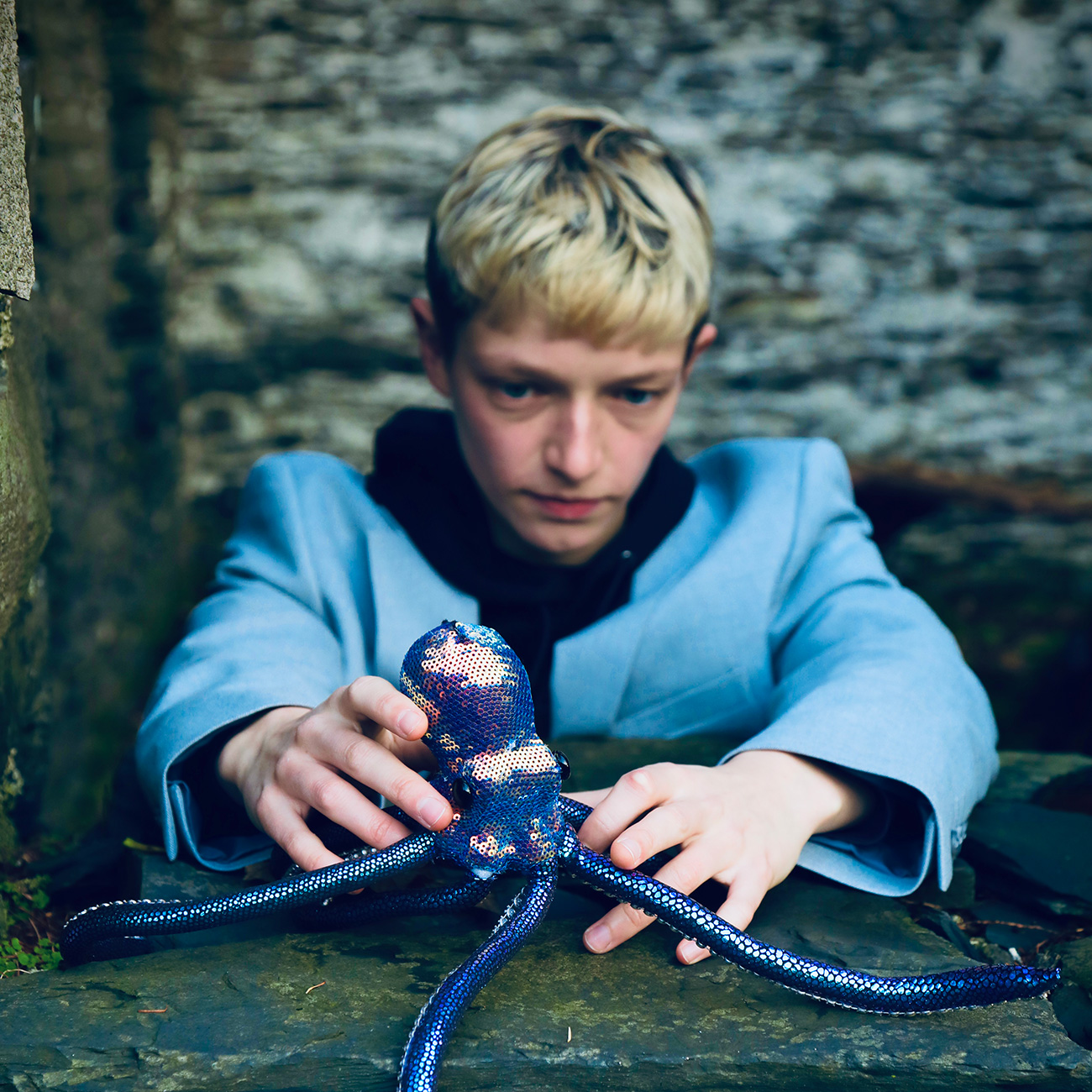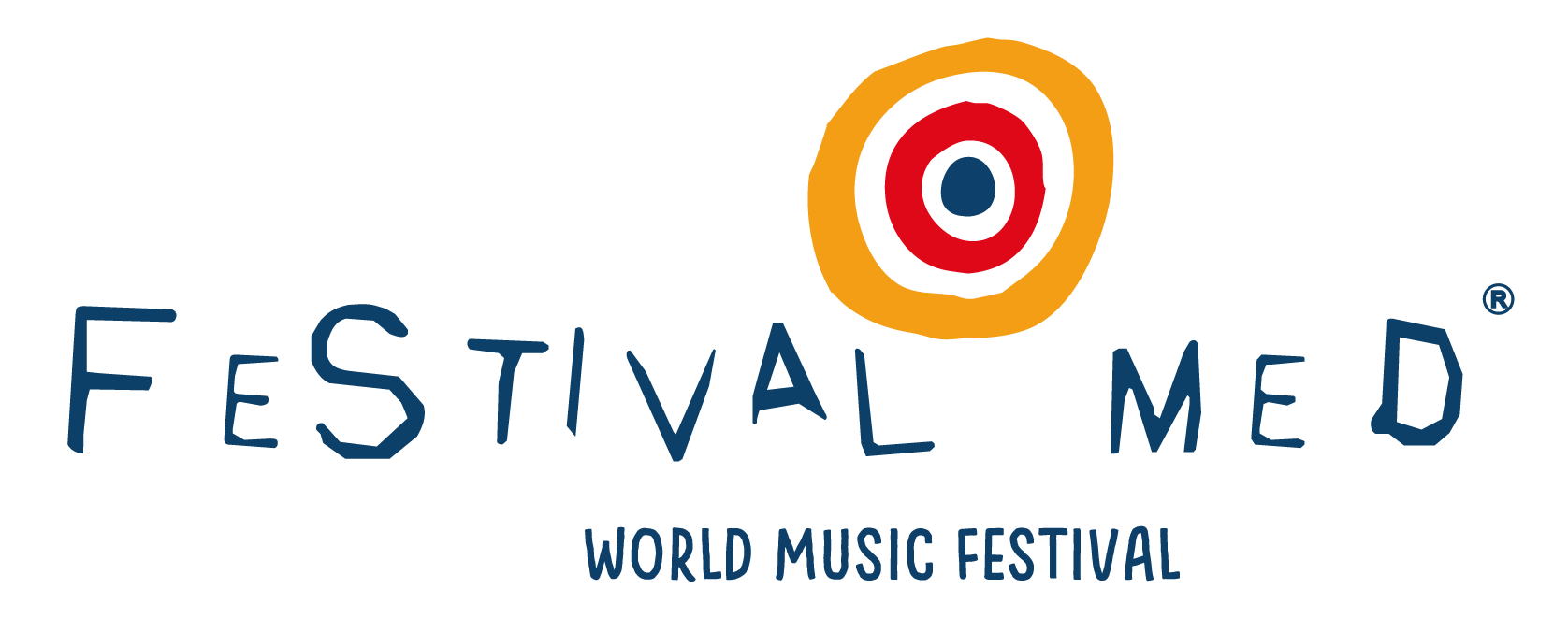

Cerys Hafana
(WA)
In an era in which folk continually reinvents itself between experimentalism and fidelity to its roots, Cerys Hafana has established herself as one of the most unique voices in new traditional European music. A triple harpist, composer and sound researcher, the Welsh artist challenges conventions and transforms archive material and oral tradition into fertile territory for contemporary creation. Born in Wales, Hafana plays the triple harp - an emblematic instrument of the Welsh tradition - with a restless and innovative spirit. She released her first album,'Cwmwl'’, in 2020, paving the way for a career where the delicacy of the instrument coexists with an openly experimental approach. It was with'Edyf' (2022) that he achieved true international recognition: voted one of the ten best folk albums of the year by folk do ano pelo The Guardian, it earned him a nomination for the Welsh Music Prize in 2023 and confirmed her place among the new names to follow in 21st century folk .
In January 2024, Hafana surprised us once again with the EP'The Bitter', in which she delves into the traditional English and Scottish repertoire, showing a rare sensitivity for detail and interpretation. Months later, in September, she released'Crwydro', a set of pieces for solo piano, in an intimate gesture that expanded her musical vocabulary beyond the harp. Her music, simultaneously archaic and contemporary, has been performed on prestigious stages throughout Europe: from the Festival Interceltique de Lorient to WOMAD, including Green Man, Reeperbahn (Germany), Trans Musicales (France), Other Voices (Ireland), End of the Road and Rudolstadt. She has shared the stage with artists such as Charlie Cunningham, Adwaith, Andrew Wasylyk and Yann Tiersen, and has collaborated on tours with Sinfonia Cymru, a prestigious classical ensemble from Wales. Also a regular on British radio — BBC Radio 6 Music, BBC Radio 3, Radio 4 and Radio Wales — Cerys Hafana is building a body of work that is disarmingly original but rooted in attentive listening to the past. By reinventing tradition with freedom and rigour, the young harpist not only honours Welsh musical heritage but opens up new possibilities for the future.

